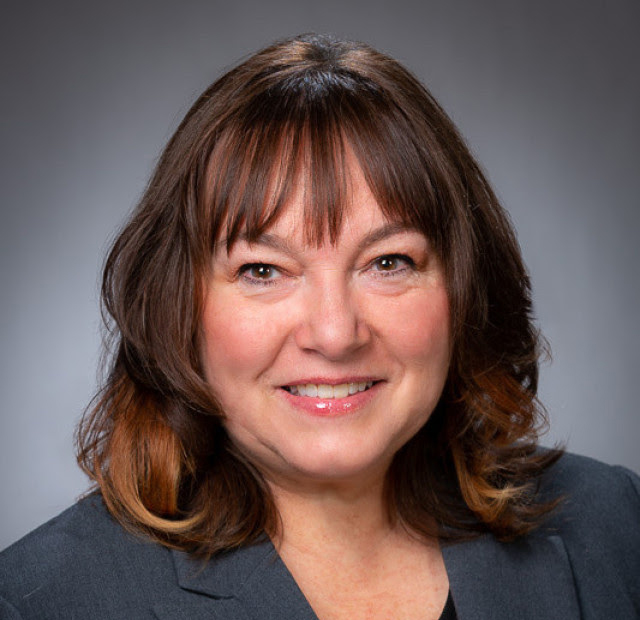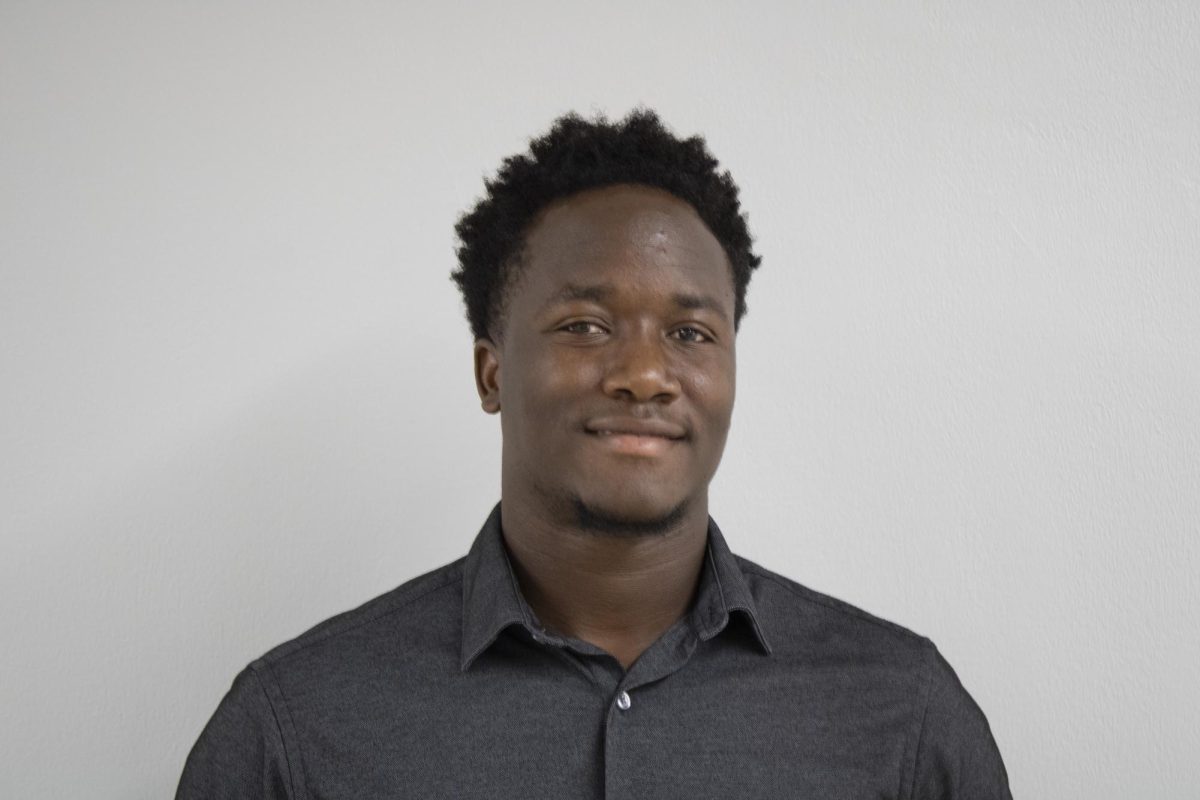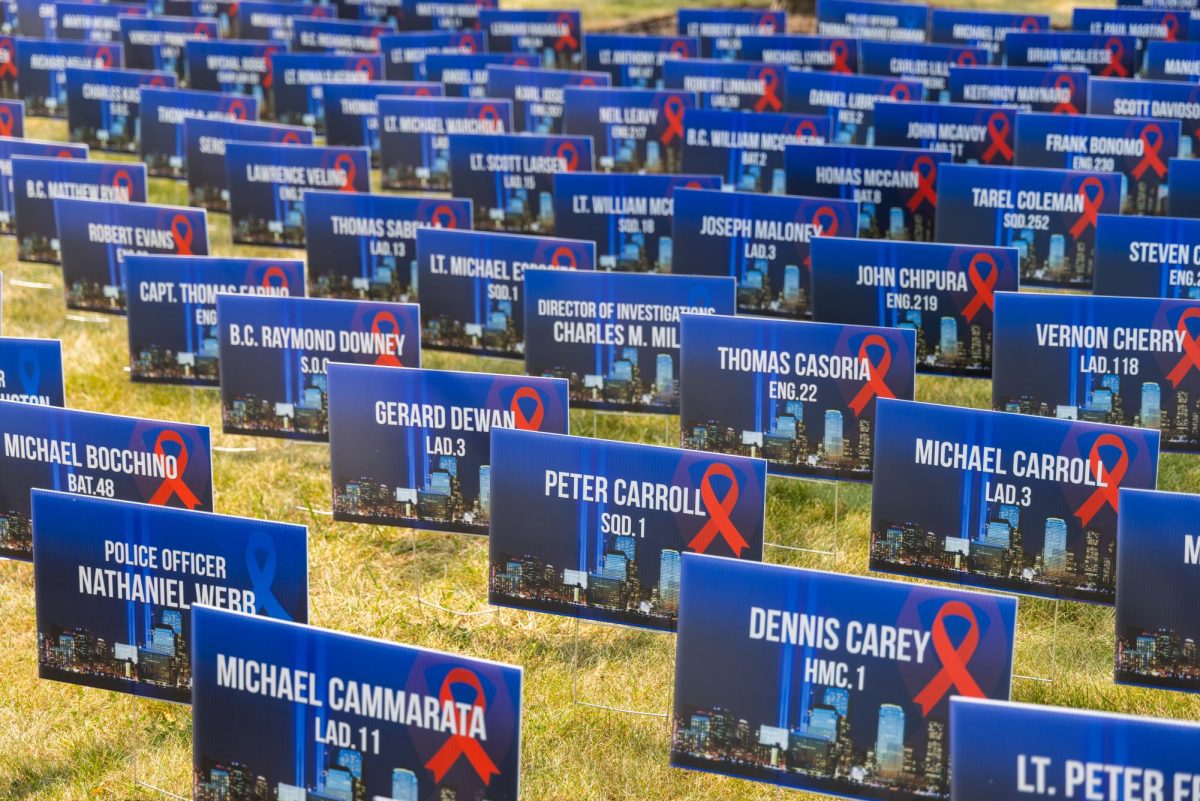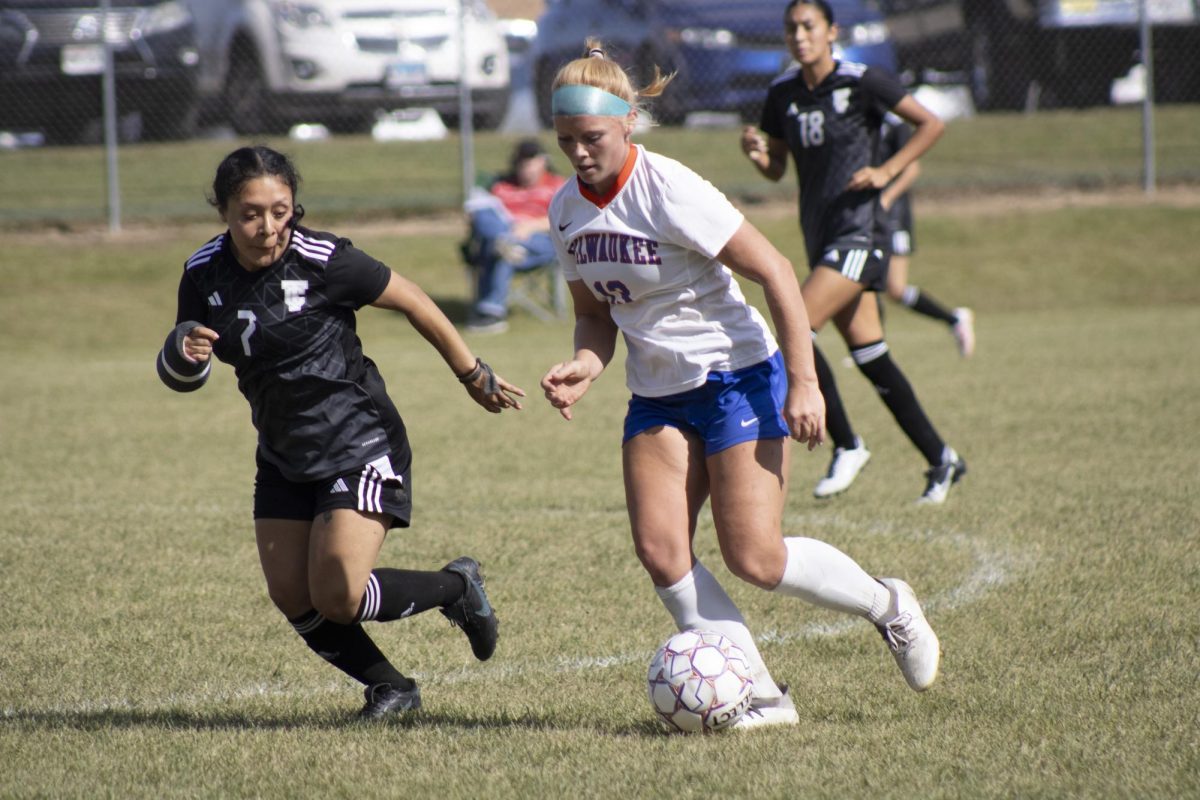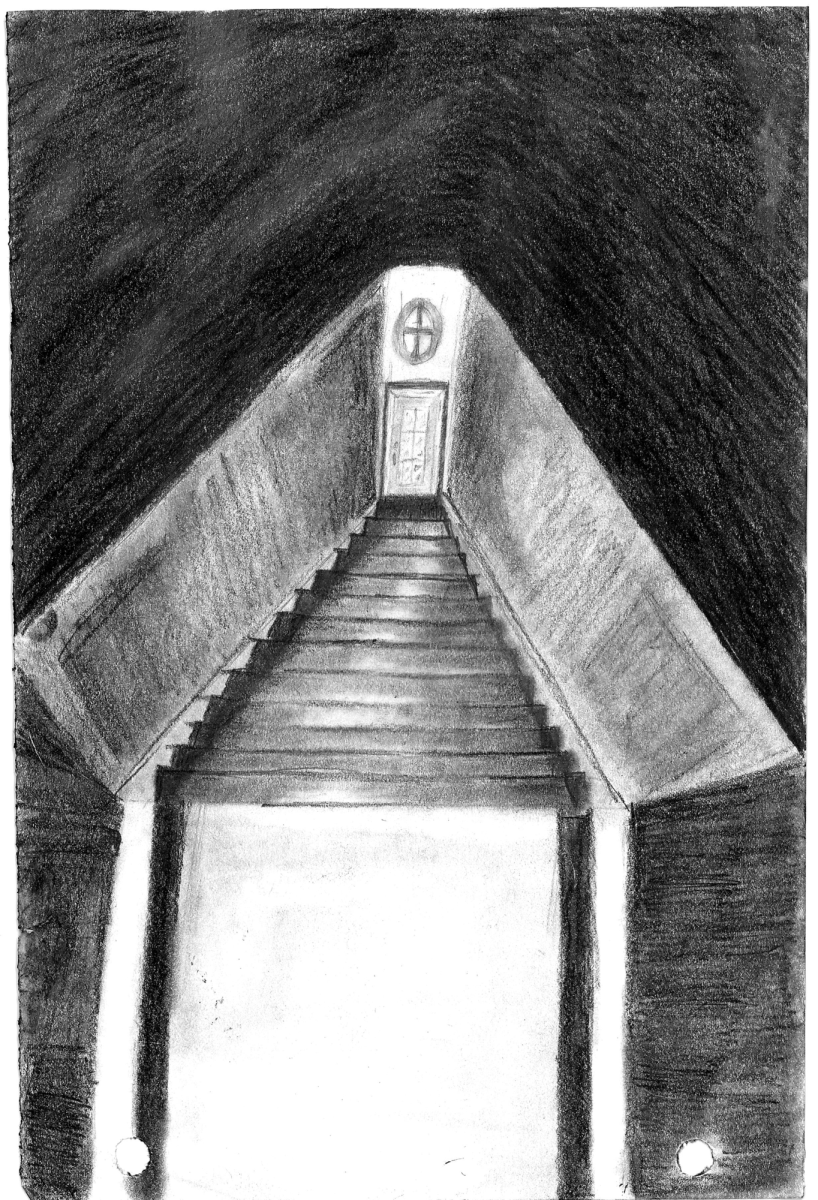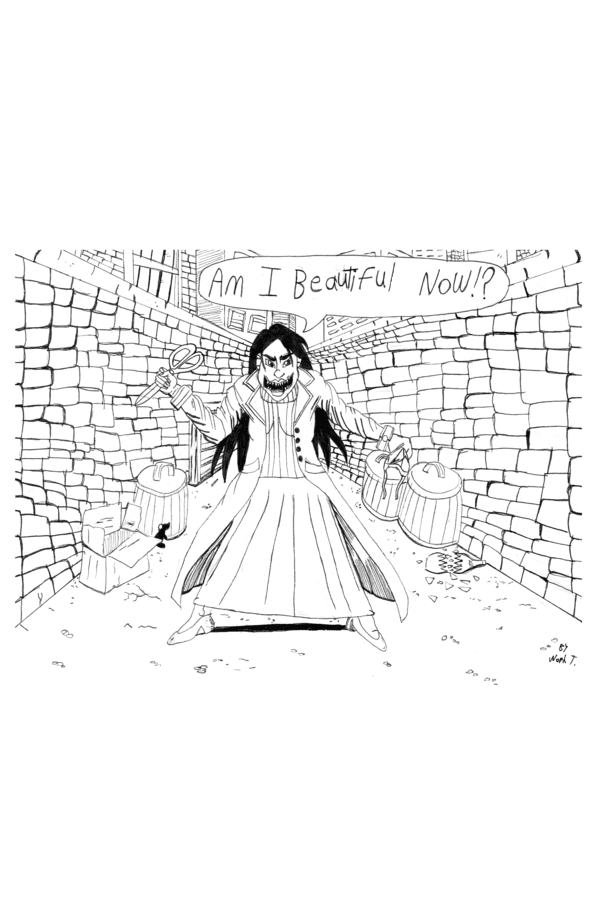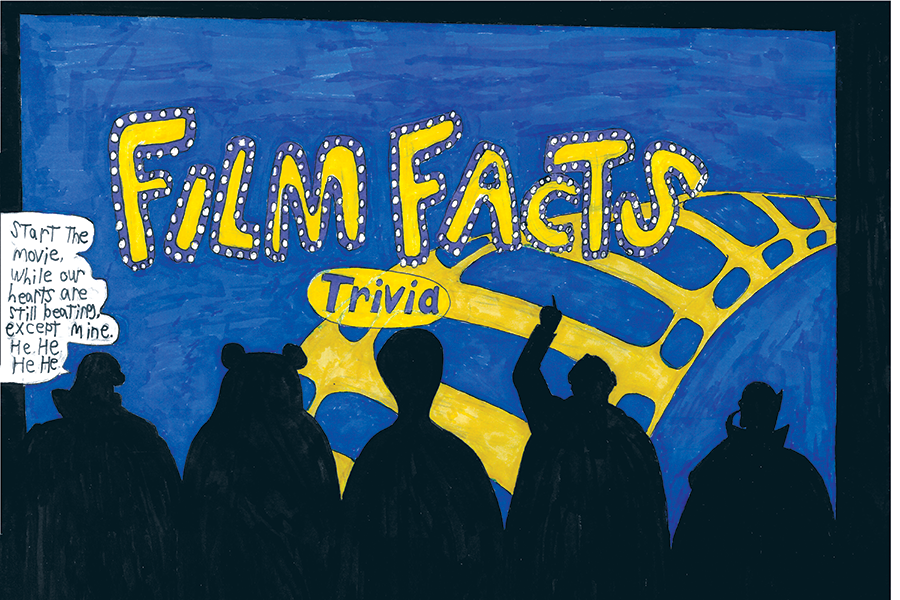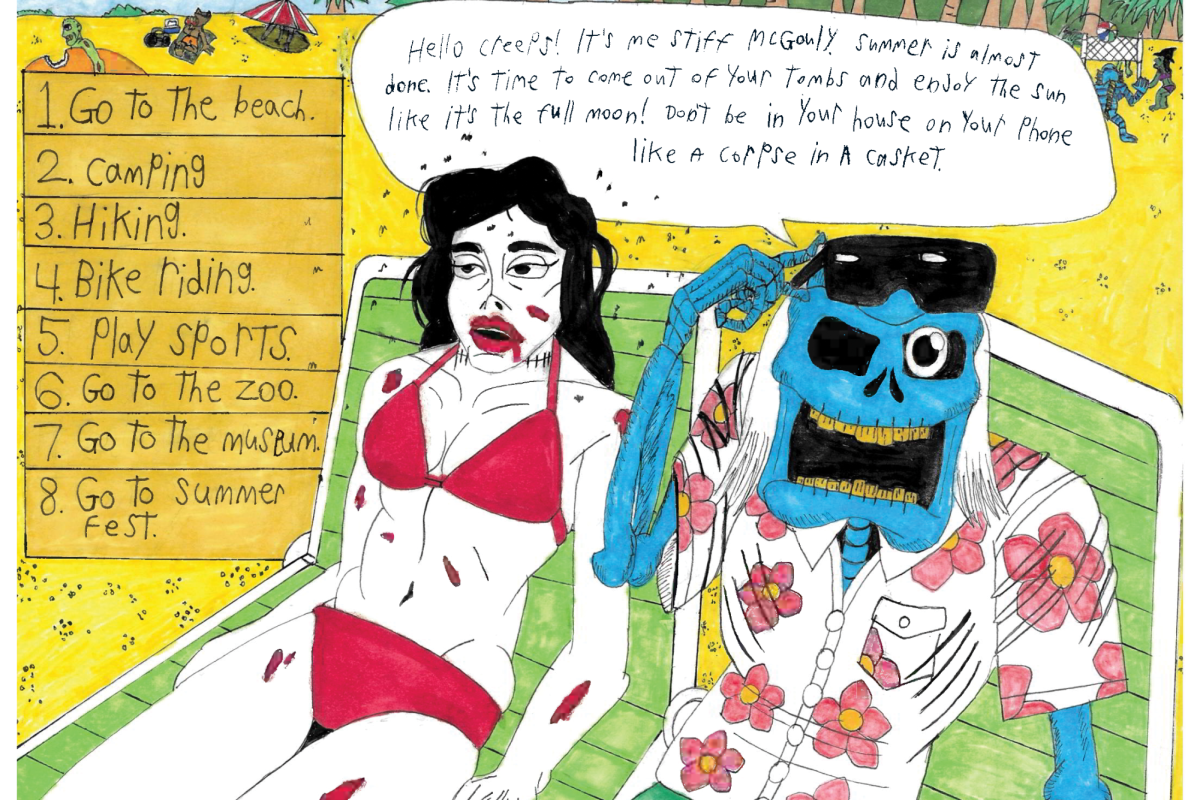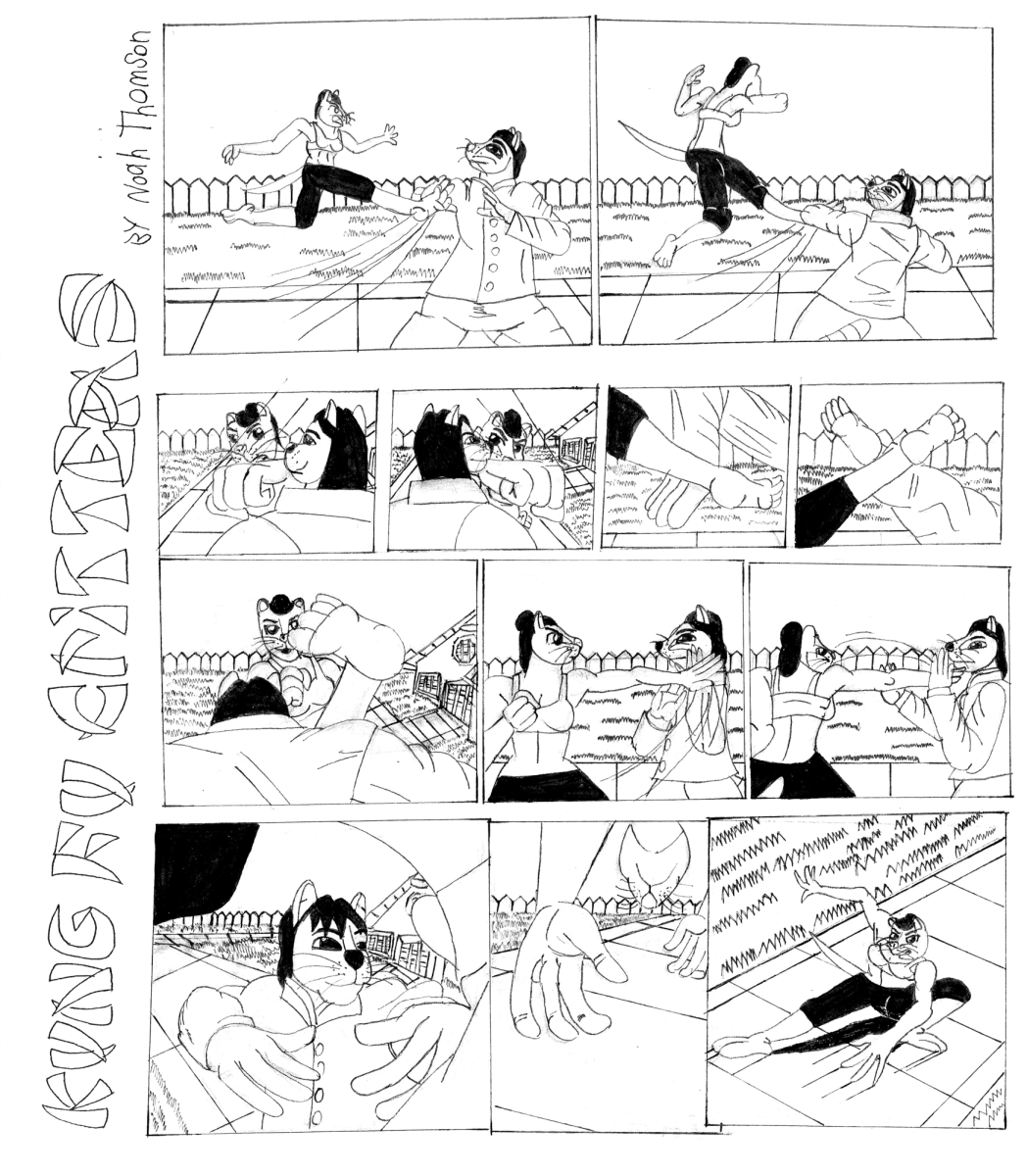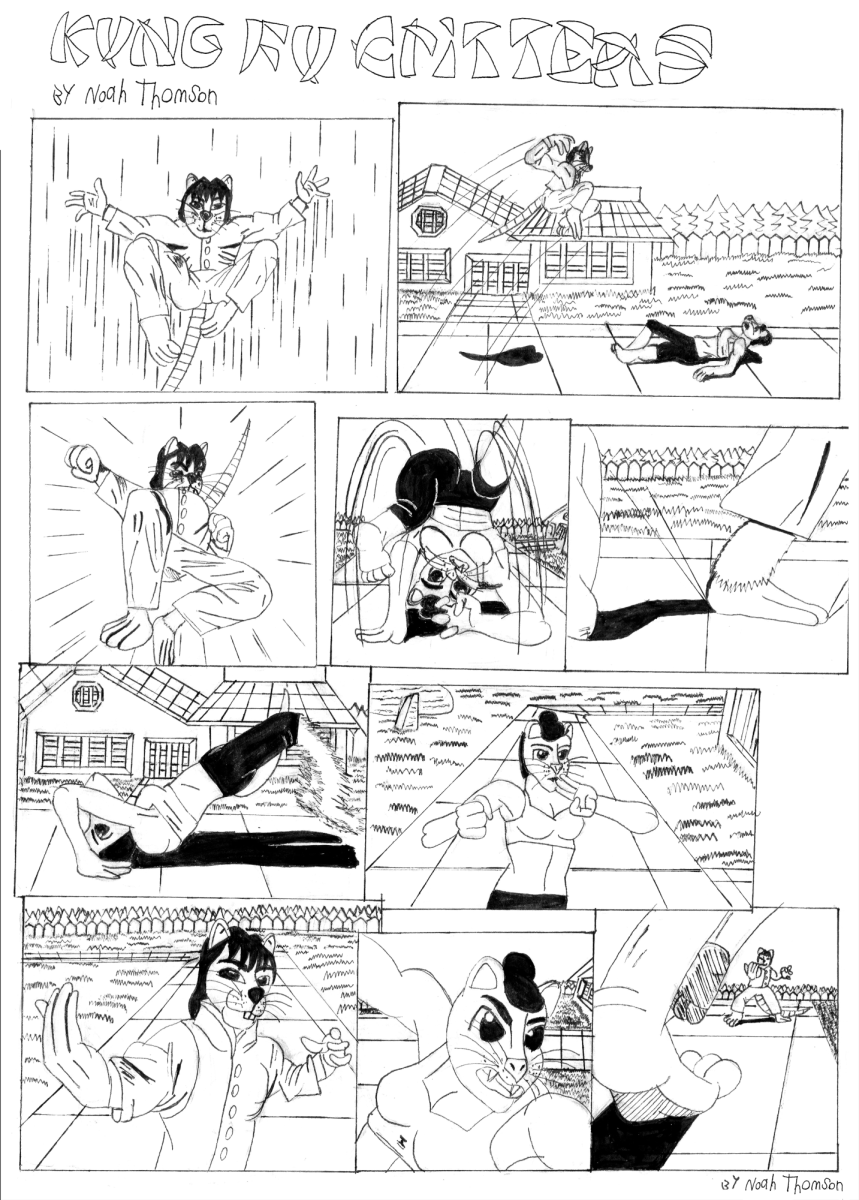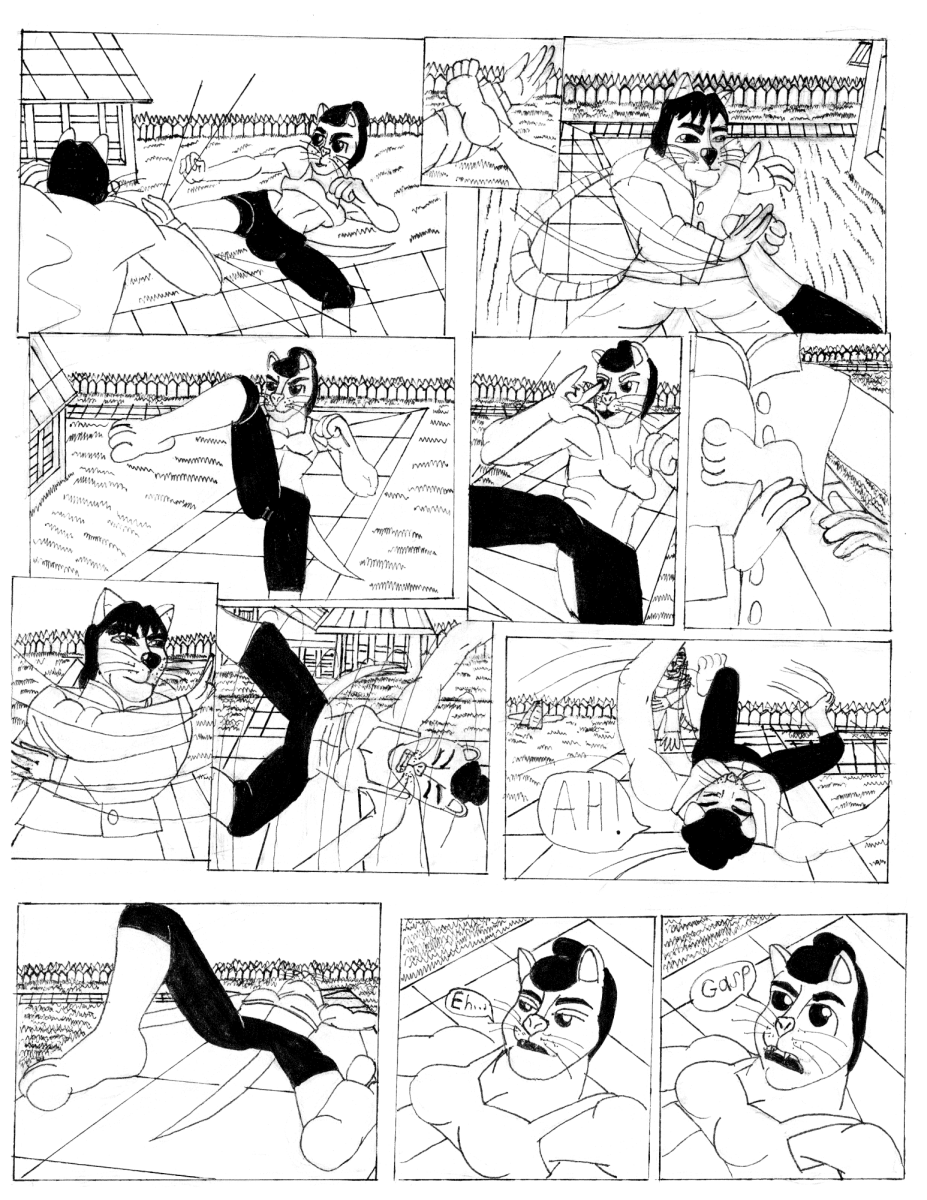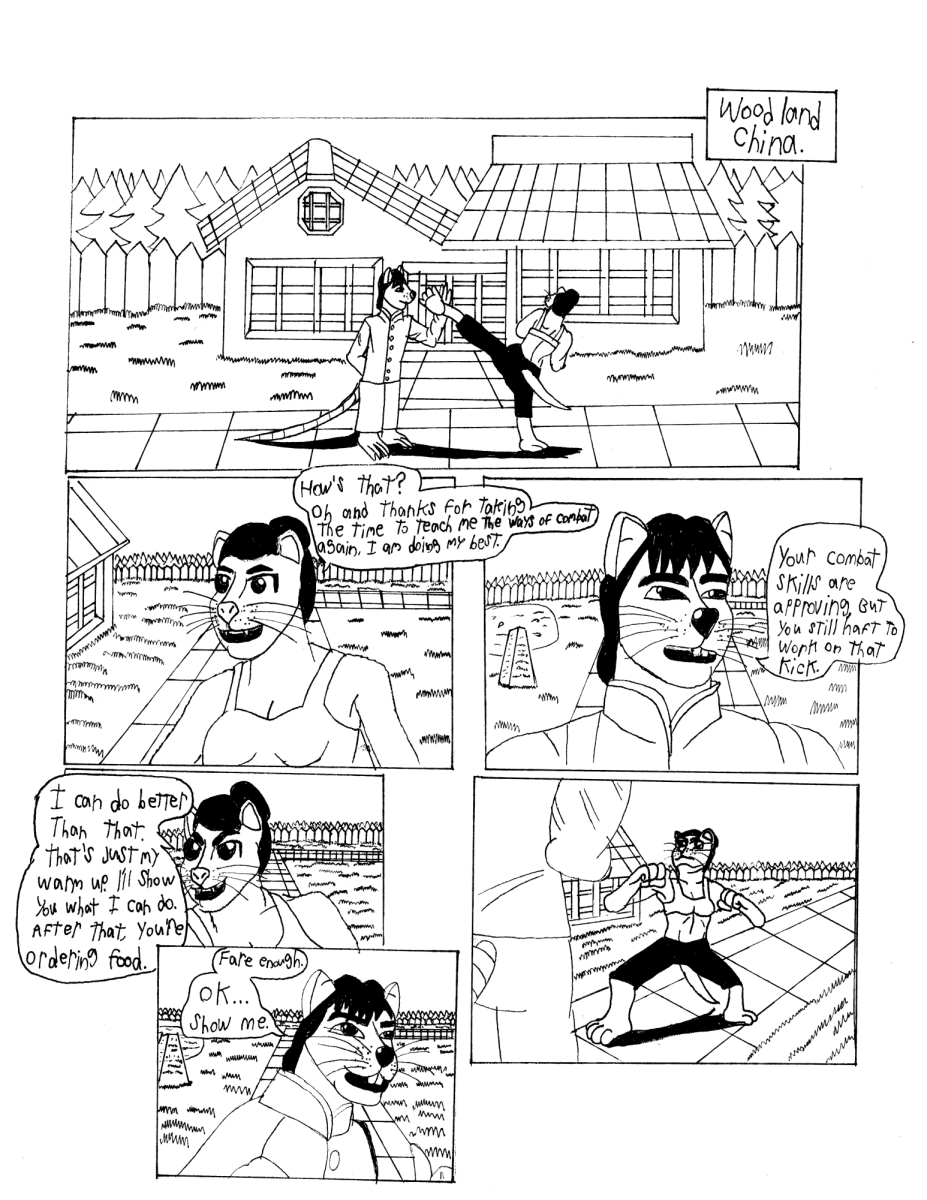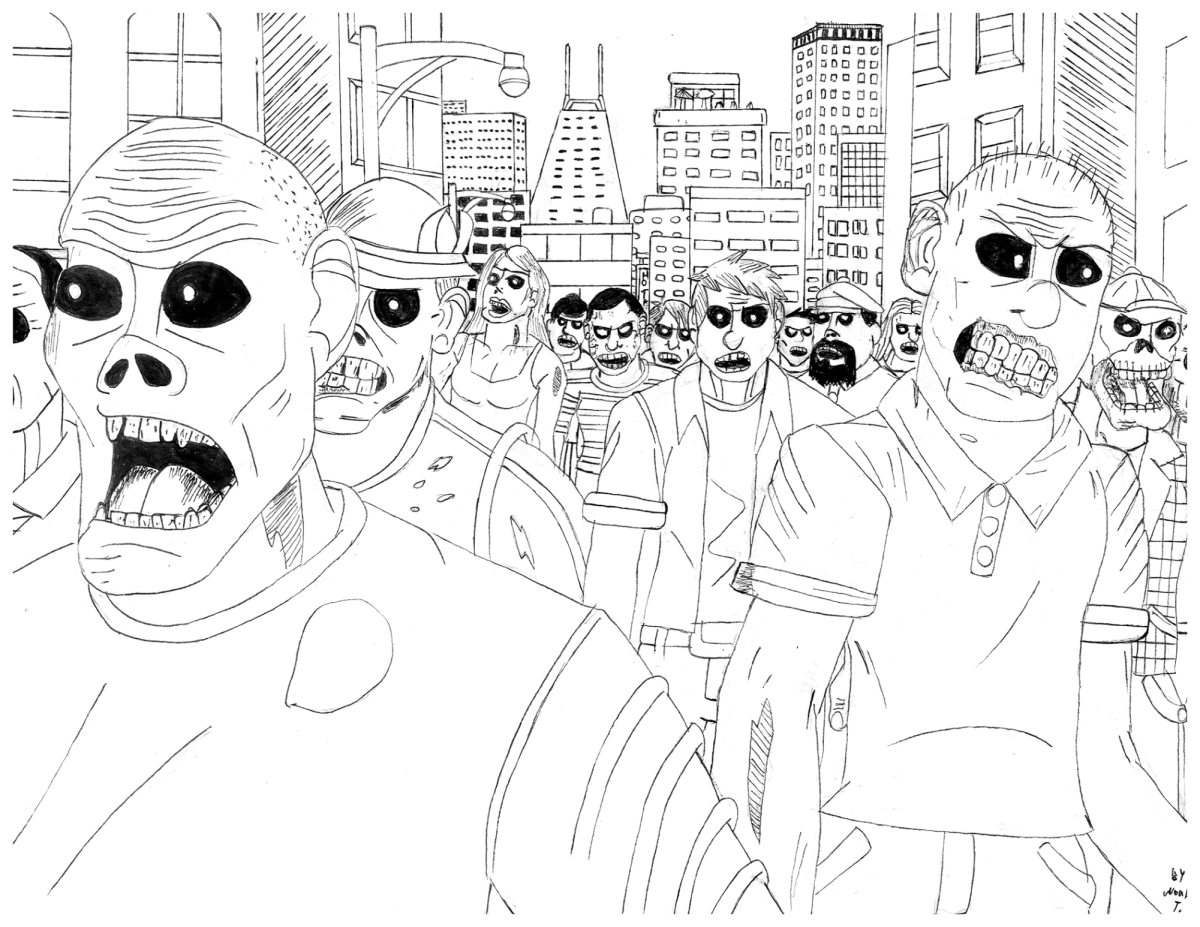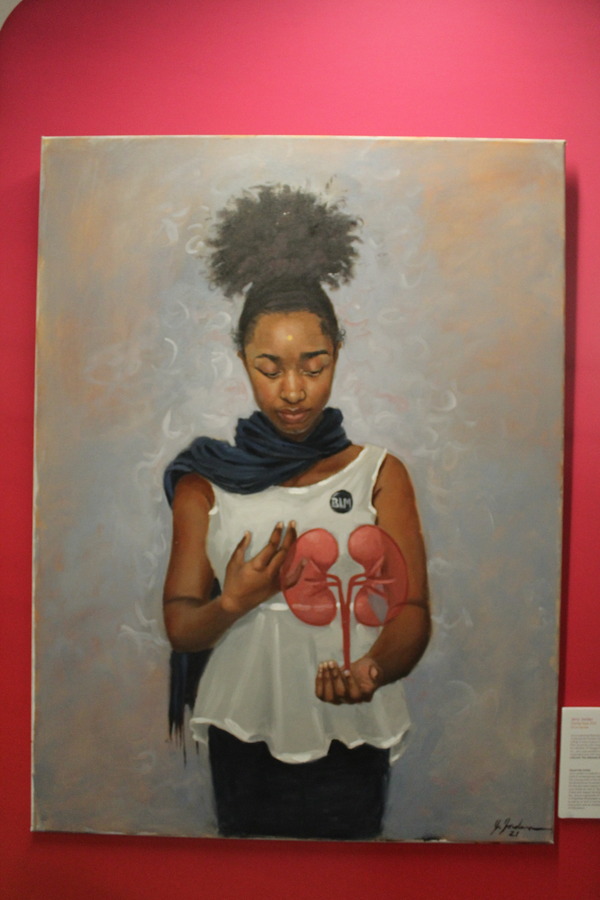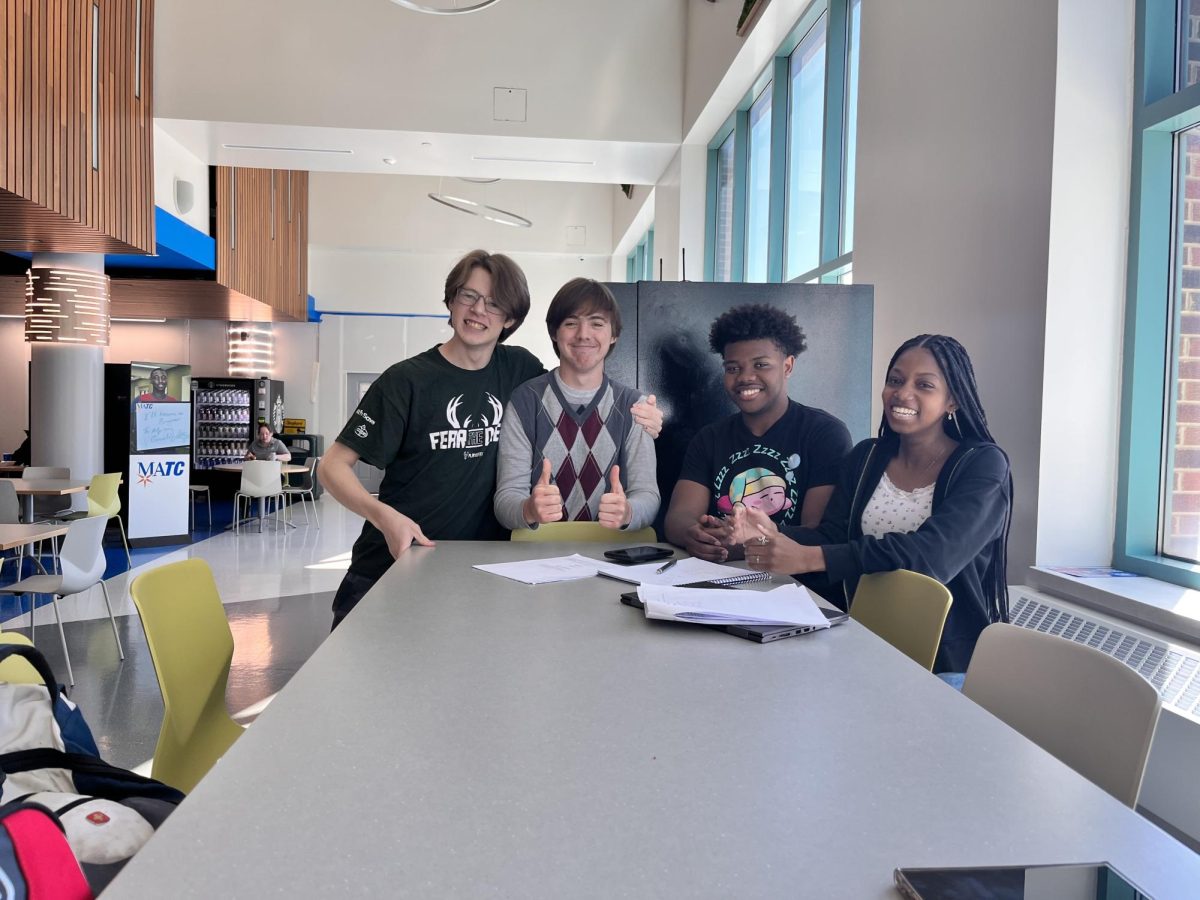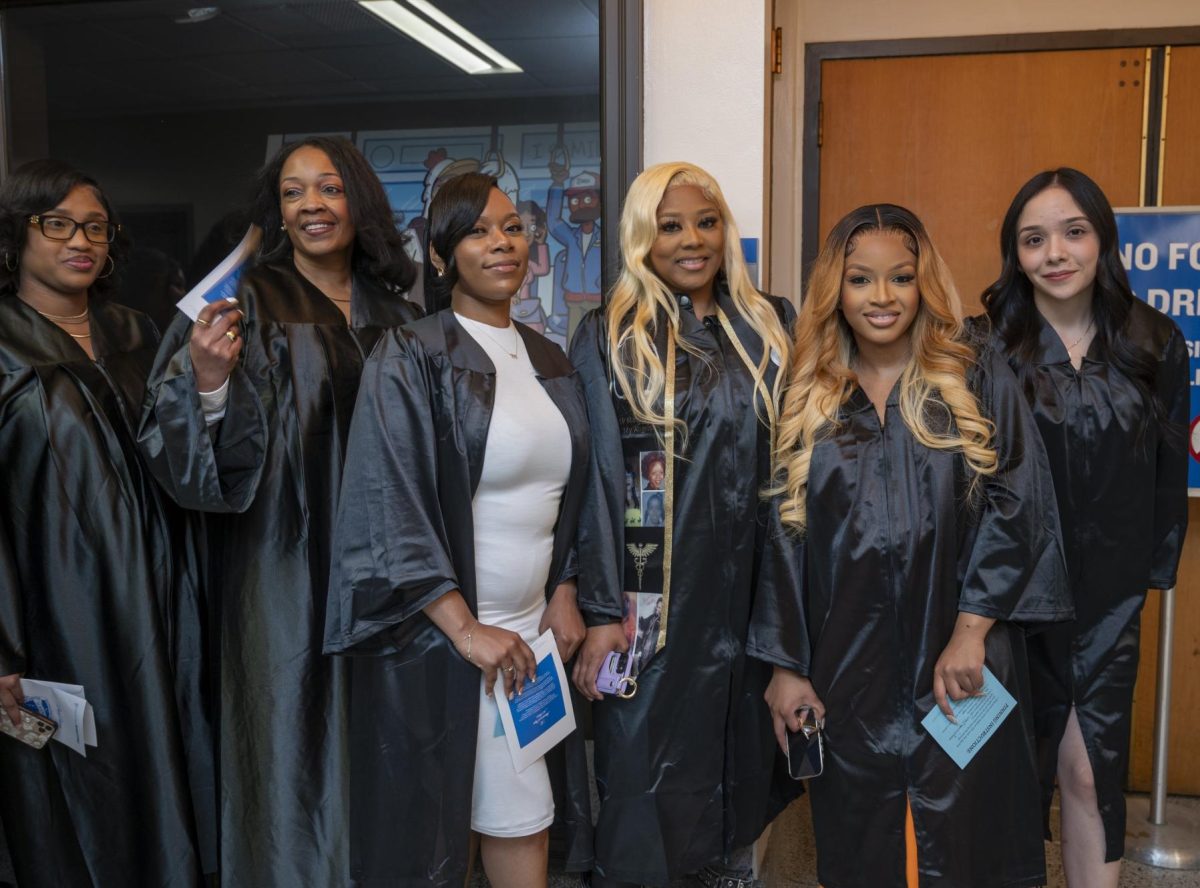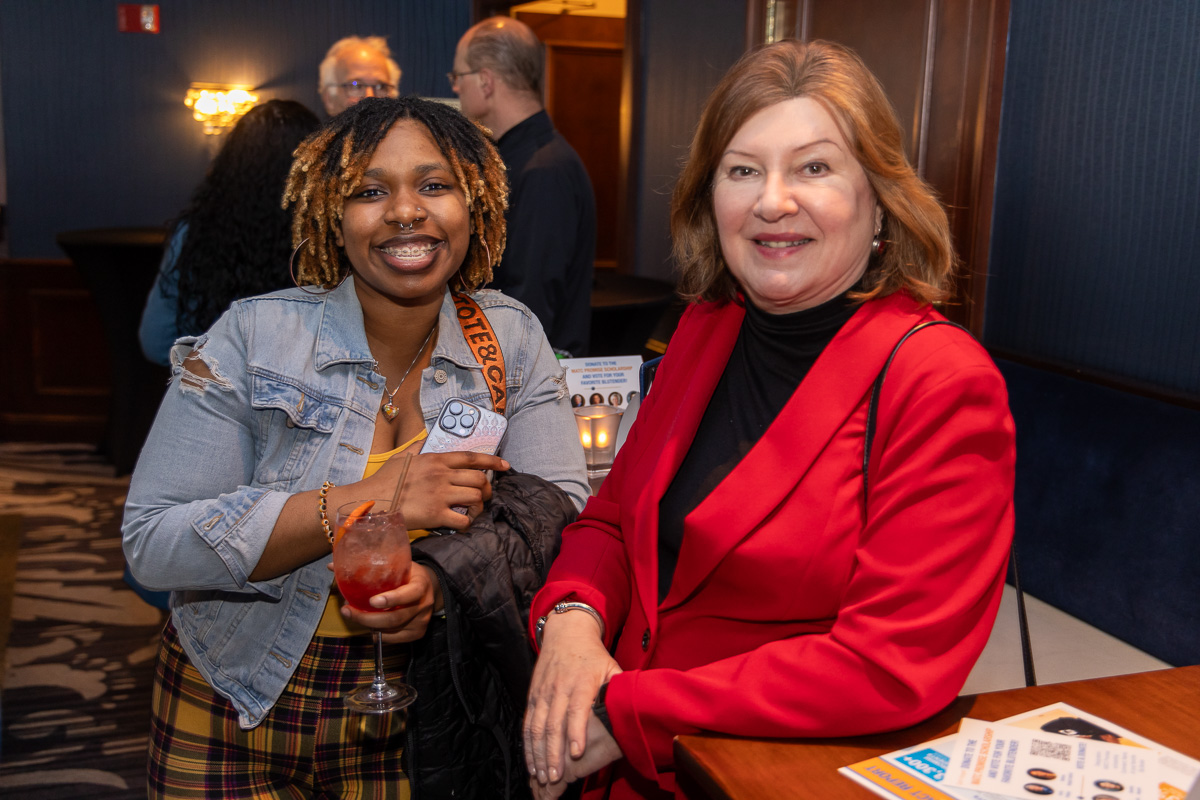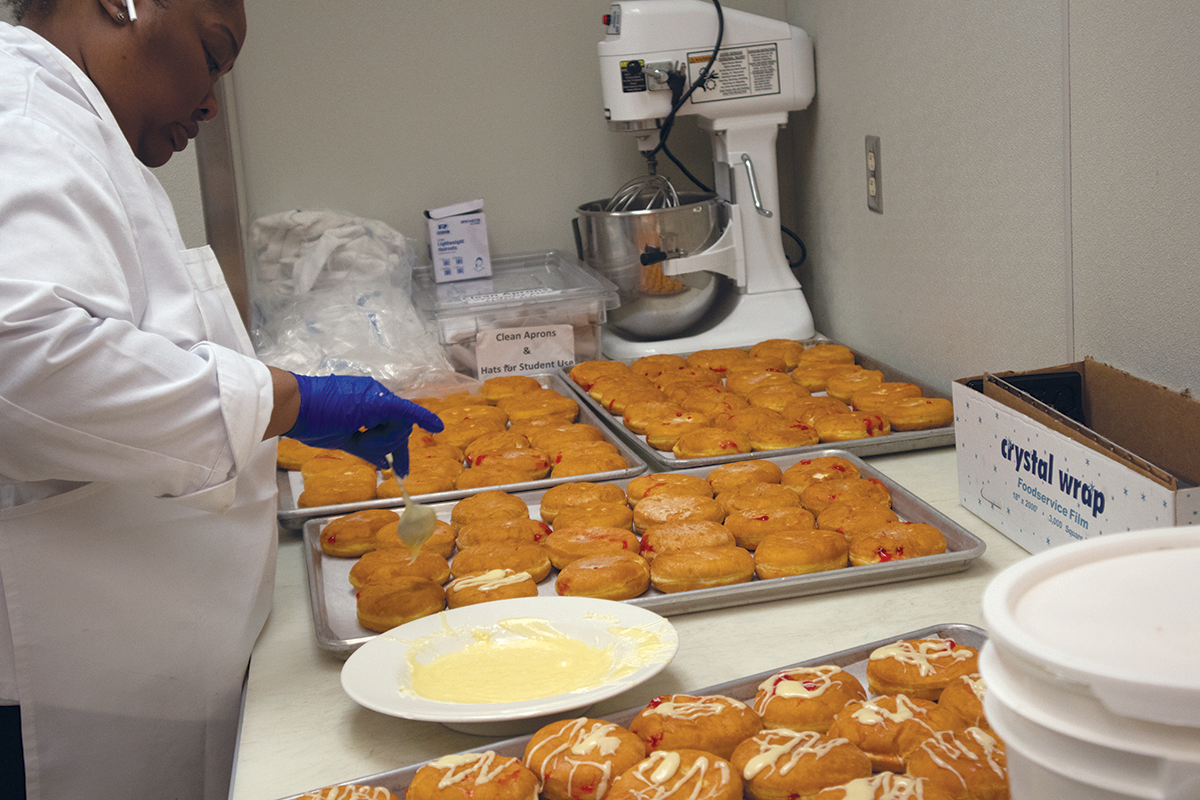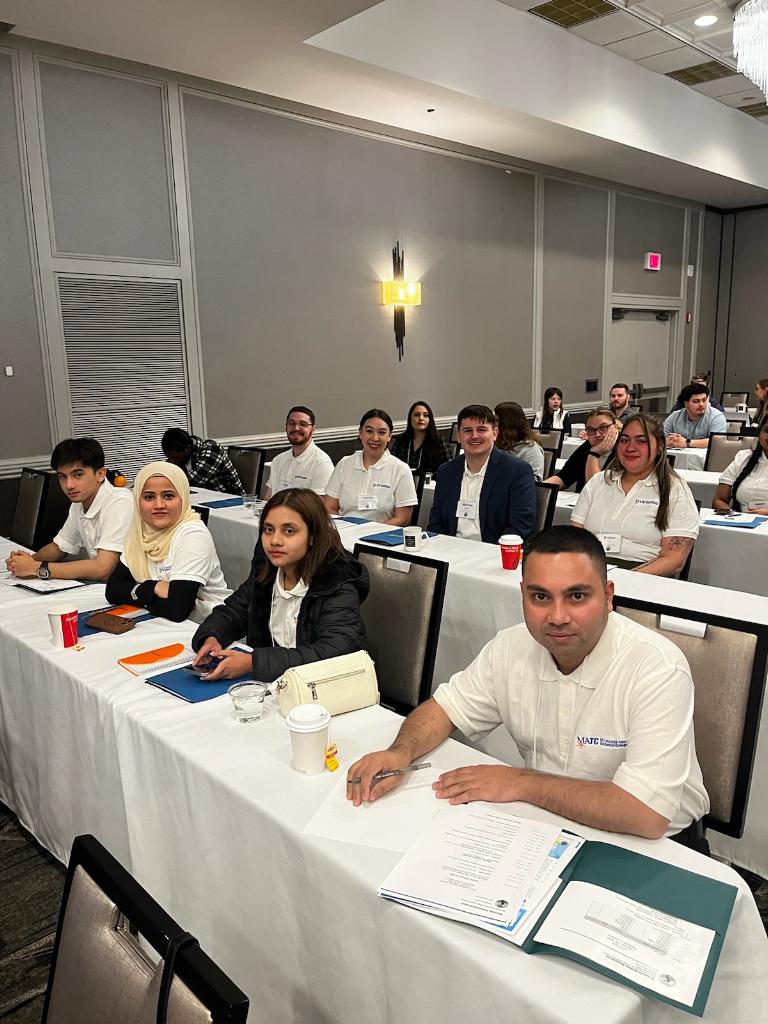Johnson Talks
Yvette Johnson shares her insights with college community
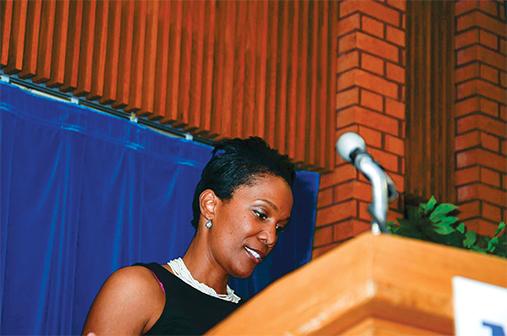
Photo by Katie Liegler/Times
Yvette Johnson, writer and filmmaker, visited MATC on Feb. 25 to speak with students, faculty and the general public about her life growing up as an African-American woman in a predominatly Caucasian neighborhood. After showing a brief clip of her documentary, “Booker’s Place: A Mississippi Story,” she also spoke about her grandfather’s life and the small town he challenged.
“All that hate but you have to smile, if you don’t what’s wrong with you? Why you not smiling,” words from an African-American waiter named Booker Wright from the 1966 documentary, “Mississippi: A Self Portrait.” Years later, Wright’s granddaughter, Yvette Johnson comes to MATC to tell the story about her grandfather’s life.
Yvette Johnson is an author, film producer, and inspirational speaker. She grew up in San Diego, while her father, Leroy Jones, played football in the NFL as a defensive lineman. She was a co-producer on the 2012 documentary, “Booker’s Place: A Mississippi Story,” which premiered at the 11th Annual Tribeca Film Festival in New York City. The director of the documentary, Raymond De Felitta, was the son of Frank De Felitta, who directed the original 1966 documentary. In July 2012, “Dateline NBC” did a piece on the documentary as well. Johnson came to the downtown campus on Feb. 25 on behalf of the President’s Diversity Council to give a presentation about the documentary she worked on and how it ties in with the Civil Rights Movement in the 1960’s.
Johnson learned about her grandfather in the summer of 2007. She was 32 when she finally learned about Wright. “I knew very little about my family history,” said Johnson. She then decided to do some research on him and learned some interesting things.
She learned that Wright lived in the small town of Greenwood, Miss. He worked as a waiter at a white-only restaurant named Lusco’s, which is still open today. He also owned his own restaurant on the black side of town called Booker’s Place. She also mentioned that he lost his job at Lusco’s and eventually his life for doing an interview for the original 1966 documentary.
At first, Johnson thought Wright’s interview was just a “Man on the Street” interview. But upon further inspection, she learned that her grandfather’s words were very sincere. “He just sort of exposes his humanity, he just shared himself with people,” said Johnson.
Once she gathered enough research on Wright, Johnson eventually met with De Felitta to work on the 2012 documentary. “To be able to make a documentary on your grandfather and tell your kids that their great-grandfather was a hero…it is far beyond my wildest dreams,” said Johnson. Wright may not be talked about as much during Black History Month as Martin Luther King, Jr. and Malcolm X. Johnson believed that he was up there along with King and Malcolm X as one of the most influential people during that time. Johnson’s research also gave her some interesting information on the town her grandfather lived in, Greenwood.
During the presentation, Johnson pointed out how the very town her grandfather lived in played a part in some of the biggest moments in the Civil Rights Movement.
Notable events included King’s letter to President John F. Kennedy on the violence in Greenwood, and Stokely Carmichael’s “Black Power” speech in 1966 which took place in Greenwood.“I was shocked to learn that this town that my parents had come from that doesn’t even have a mall was the site of some of the most historic things to ever happen in the movement,” said Johnson. She also learned that Greenwood is where the national headquarters for the White Citizens Council was created. Who would have of thought that this small town played a huge role in one of hugest movements in history?
“I think Ms. Johnson gave a great presentation,” said Denzel Crosby, Science major student. “I had an understanding of how she can be so kind after knowing what happened to her in her past, I think that’s very forgiving.” Bruce Goins, a Human Service program student, believes that Johnson’s words can help people of the younger generation in today’s struggles. “I think she really would be a great warrior on the frontlines of today’s topic,” said Goins. Learning about her grandfather and the town of Greenwood has given Johnson a new perspective on society. “I strive to see the person behind the issue,” said Johnson.
She’s learned to maintain inner peace in herself. “If we can connect with one another on a human level, we can actually make change,” said Johnson. She never got to meet her grandfather, but she feels that by talking about his life and the town of Greenwood that she is making him proud.
“I felt as though I was connecting to him,” Johnson said. Johnson continues to spread the news on her grandfather and states his message, “You got to keep that smile.”

I joined the MATC Times in fall 2012. At first, I thought this was going to be a onetime thing. Just write a story for extra credit for journalism and...

